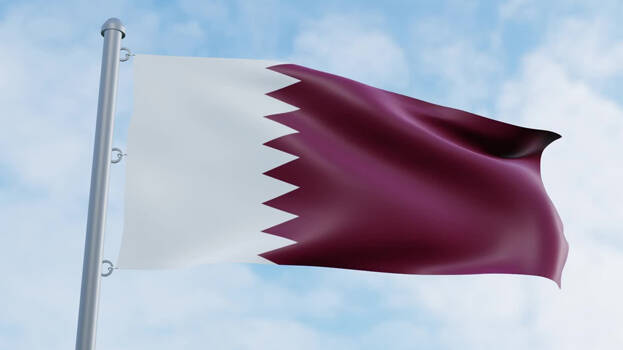

The appeal court in Qatar cancelling the trial court's death sentence of eight Indian ex-naval officers, including a Malayali, on charges of espionage was due to India's successful diplomatic intervention. The one who played a crucial role in it was none other than Prime Minister Narendra Modi. Modi had recently met the Emir of Qatar Sheikh Tamim bin Hamad Al Thani and discussed the issue when he went to Dubai to attend the climate summit. It was then that the Indian ambassador was allowed to speak to the naval officers and the Court of Appeal cancelled the death sentence. However, it is now indicated that they will be sentenced to long imprisonment instead of the death penalty. Diplomatic intervention is required here as well. If it works, the punishment period may also be reduced. Even if convicted, they can be handed over to India as Qatar and India have signed an extradition treaty.
There were rumours that the Indian sailors would be executed in the absence of India's condemnation of Israel's war in West Asia. Their relatives were very anxious and sad because of this. By putting an end to all that, the death penalty has been cancelled, giving an opportunity to hope that they will be released soon.
After retiring from the Indian Navy, these eight were working in a private military training company in Doha. They were arrested on charges of espionage in August 2022.
Ragesh Gopakumar, a Malayali who was a sailor in the Navy, is a member of this group of eight. According to the indictment, they leaked to Israel the secrets of the submarine being built by the Italian company Fincantieri for the Qatar Navy.
So far, neither Qatar nor India has officially revealed what the crime was, and the constant interventions by the Indian Ministry of External Affairs were also not disclosed. This was because even terrorist organizations had taken advantage of information leaks. Hence, the Ministry of External Affairs of India handled the affairs with great care and importance.
The importance Qatar gives to India despite the complicated situation in West Asia is revealed by the move to avoid the execution of the sailors. The Gulf states generally impose severe penalties for sedition. Once a punishment is given, it is rare to go back on it, but that is what happened here. It is also alleged that the sailors were arrested on the basis of false information provided by Pakistan. Whatever that may be, the Indian Ministry of External Affairs should continue negotiations at the diplomatic level. The Ministry of External Affairs has stated that it will continue to provide diplomatic and legal assistance to those who have faced punishment. Since India and Qatar are friendly countries and even bigger trading partners, it can be expected that the way will be paved for their release.